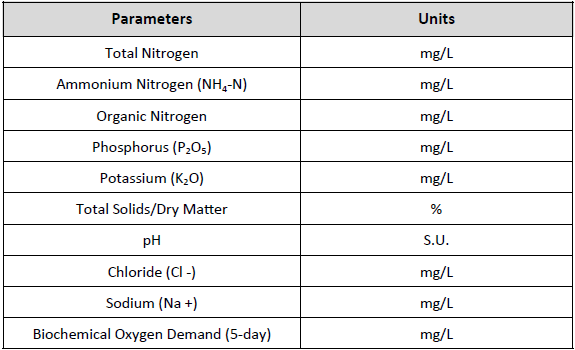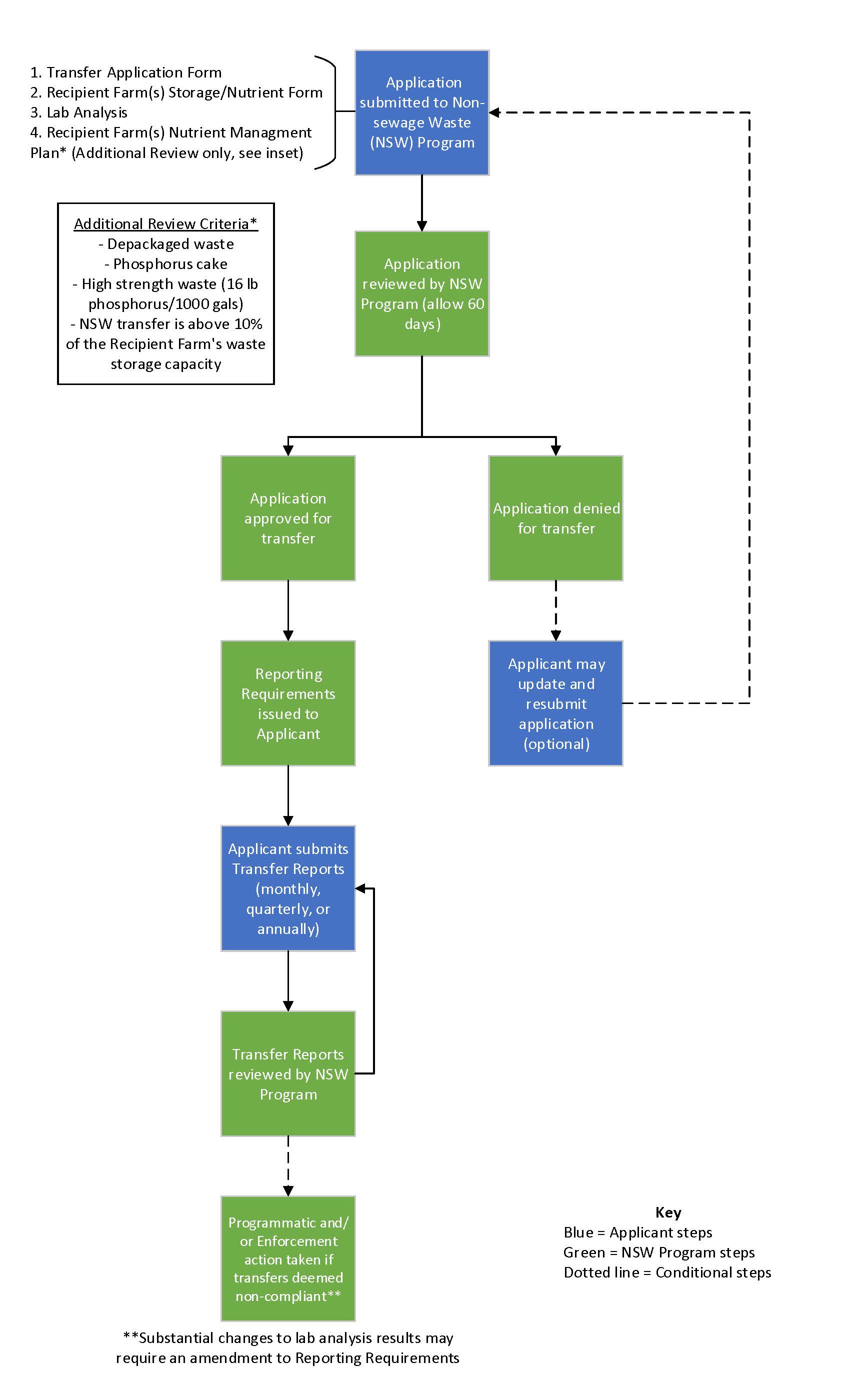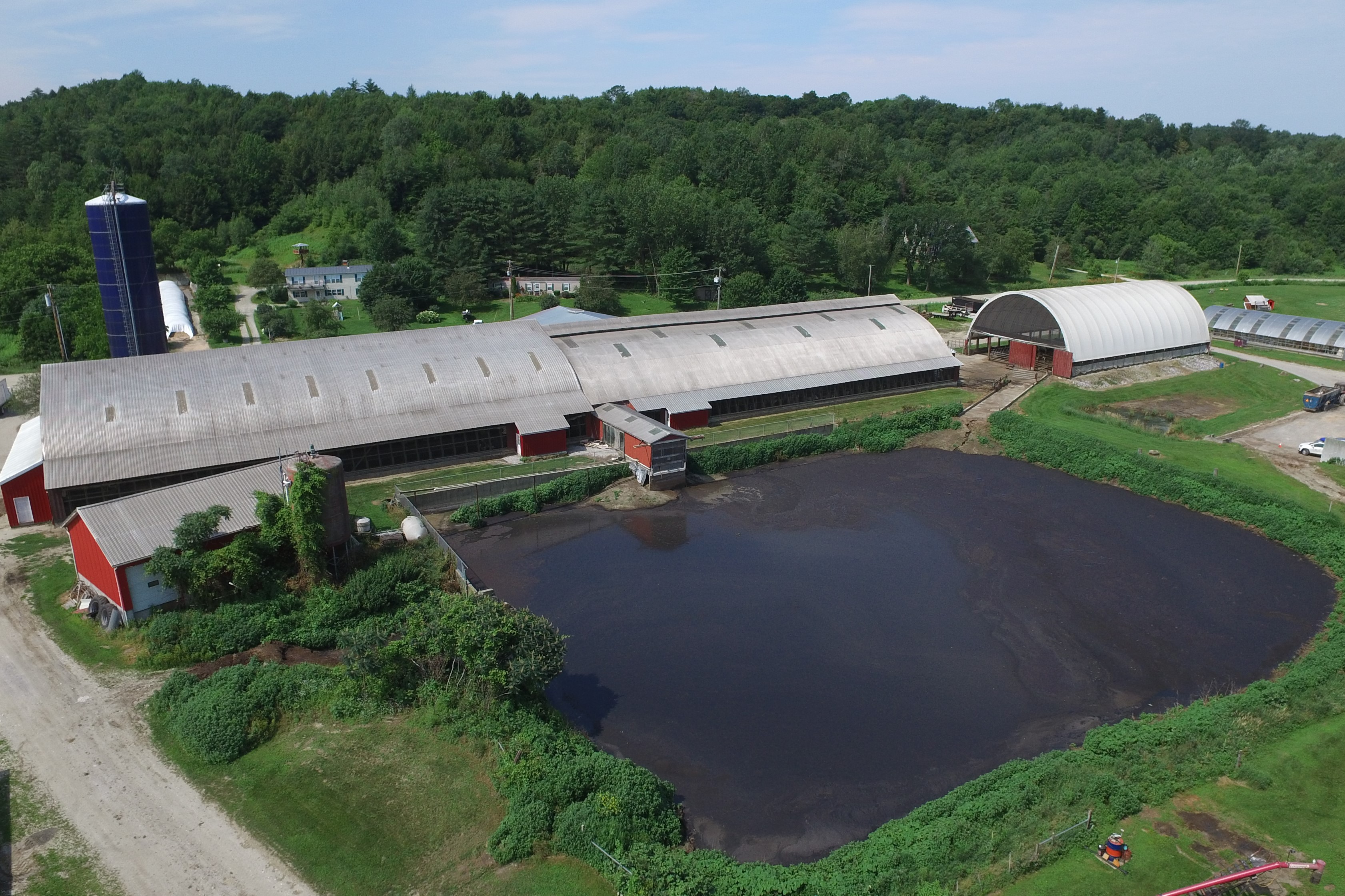Table of Contents
Program Forms
Application Forms
The Application Form and Recipient Farm Form are both required as part of the application package. A Recipient Farm Form is submitted for each farm proposed in the transfer. See additional application requirements in Application Process section below.
- Non-sewage Waste Transfer Application Form (required)
- Non-sewage Waste Recipient Farm Form (required)
- If 5+ Recipient Farms are proposed in Section C of the Application Form (optional)
Amendment Form
Submit to request a change to the transfer volume and/or Recipient Farm(s) listed in the Reporting Requirements issued for the waste transfer.
- Non-sewage Waste Transfer Amendment Form
Transfer Reporting Form
Submit according to the Reporting Requirements issued for the waste transfer. For recordkeeping purposes, submit the Transfer Reporting Form even if no transfers were made during the reporting period.
- Non-sewage Waste Transfer Reporting Form
Background
As part of Act 129 of 2020, signed into law by Governor Scott on July 1, 2020, the Vermont Agency of Agriculture, Food and Markets (AAFM) was directed to regulate the generators or haulers of non-sewage waste who are transporting or arranging for the transport of non-sewage waste to a farm for deposit in a manure pit or for use as an input in a methane digester.
Qualification
Eligible wastes:
Non-sewage waste that is transported to a farm for deposit into either a manure pit or methane digester is regulated by AAFM’s Non-sewage Waste Transfer Program. "Non-sewage waste" means any waste other than sewage that may contain organisms pathogenic to human beings but does not mean stormwater runoff.
Common examples of non-sewage waste include dairy and other food processing waste, brewery or winery waste, wash waters, and food residuals.
Note on digesters: Operations transferring waste to a commercial methane digester are not required to enroll in this program. This program regulates waste transfers specifically to farm-owned and operated methane digesters.
Ineligible wastes include, but are not limited to:
• Solid wastes as defined by the Solid Waste Management Rules
To learn more about managing solid waste, contact the Department of Environmental Conservation Solid Waste Management Program.
Ben Gauthier: (802) 522-5080 I Benjamin.gauthier@vermont.gov
• Food residuals and food processing residuals that are used for animal feed
• Food residuals and food processing residuals to be composted in exceedance of 2,000 cubic yards annually
To learn more about managing food residuals to be composted, contact the Department of Environmental Conservation Solid Waste Management Program.
Ben Gauthier: (802) 522-5080 I Benjamin.gauthier@vermont.gov
• Biosolids, wastewater sludge, septage, water treatment residuals, short paper fiber, or wood ash
To learn more about managing these residuals, contact the Department of Environmental Conservation Residuals Management & Emerging Contaminants Program.
Eamon Twohig: (802) 490-6189 I Eamon.twohig@vermont.gov
• Direct land application of non-sewage waste by the hauler/generator
To learn more about direct land application of non-sewage waste, contact the Department of Environmental Conservation Indirect Discharge Program.
Nathan Kie: (802) 522-3008 I Nathan.kie@vermont.gov
Application Process
Prior to the transfer of non-sewage waste to a farm’s manure pit or for use as an input in a methane digester, AAFM requires that the Applicant transporting or arranging for the transport of waste receives approval.
The Applicant may be the generator or hauler of the waste, but only one needs to apply. The entity that submits the paperwork ("Applicant") will be issued the approval and responsible for ongoing transfer reporting.
Please note: the Program does not provide Applicants with farm names that can accept the waste. It is the Applicant’s responsibility to find a waste transfer location and to confirm the farm’s willingness to participate in the program before applying.
1. Submit the following application package to AGR.WQpermits@vermont.gov:
- Non-sewage Waste Transfer Application Form – information on waste stream and Recipient Farm(s) proposed in the transfer.
- Non-sewage Waste Recipient Farm Form – one for each proposed Recipient Farm listed in Section C of the Transfer Application Form. Please contact all farms listed on the application form and only include farms that have agreed to receive the waste transfer. These farms must have adequate waste storage capacity, land base, and nutrient balance to accept the waste, and have completed and signed the Recipient Farm Form to indicate such.
- Lab Analysis – a representative waste sample analysis containing the parameters listed in the table below.

- Density - If the waste is considered a solid and the transfer volume proposed is in tons, provide the density in lbs/gal.
- Recipient Farm's Nutrient Management Plan – required only if the application meets any of the following criteria:
- Depackaged waste
- Phosphorus cake
- High strength waste (16+ lbs phosphorus/1000 gals or ~1920 mg/L)
- NSW transfer volume is above 10% of the Recipient Farm's waste storage capacity
2. If AAFM’s review of the application materials indicates that the proposed Recipient Farm(s) have waste storage capacity and land base to accept the proposed waste transfer, AAFM will issue Reporting Requirements for the Transfer of Non-sewage Waste to the Applicant which will specify the timeframe for reporting and sampling parameters for the waste that is transferred. If the farm does not have the waste storage capacity or land base to accept the proposed waste transfer, AAFM will provide a determination that transfer to that farm is not approved.
3. After approval of the transfer, the Applicant is required to submit the Non-sewage Waste Transfer Reporting Form, transfer records, and lab analysis in the timeframe(s) specified in the Reporting Requirements document.
4. If a change to the issued Reporting Requirements is needed, such as adding a farm, removing a farm, or changing the approved annual transfer volume, an amendment must be issued. Submit the Non-sewage Waste Transfer Amendment Form and any supporting documentation to request the change for Program review. If approved, an amended Reporting Requirements approval will be issued.
Process Map

Contacts
For questions regarding application and reporting:
General inquiries: AGR.WQpermits@vermont.gov
Lee King, Agriculture Water Quality Specialist: (802) 261-5924 l Lee.King@vermont.gov
For questions regarding the regulatory statute:
Laura DiPietro, Director Water Quality Division: (802) 595-1990 | Laura.DiPietro@vermont.gov


